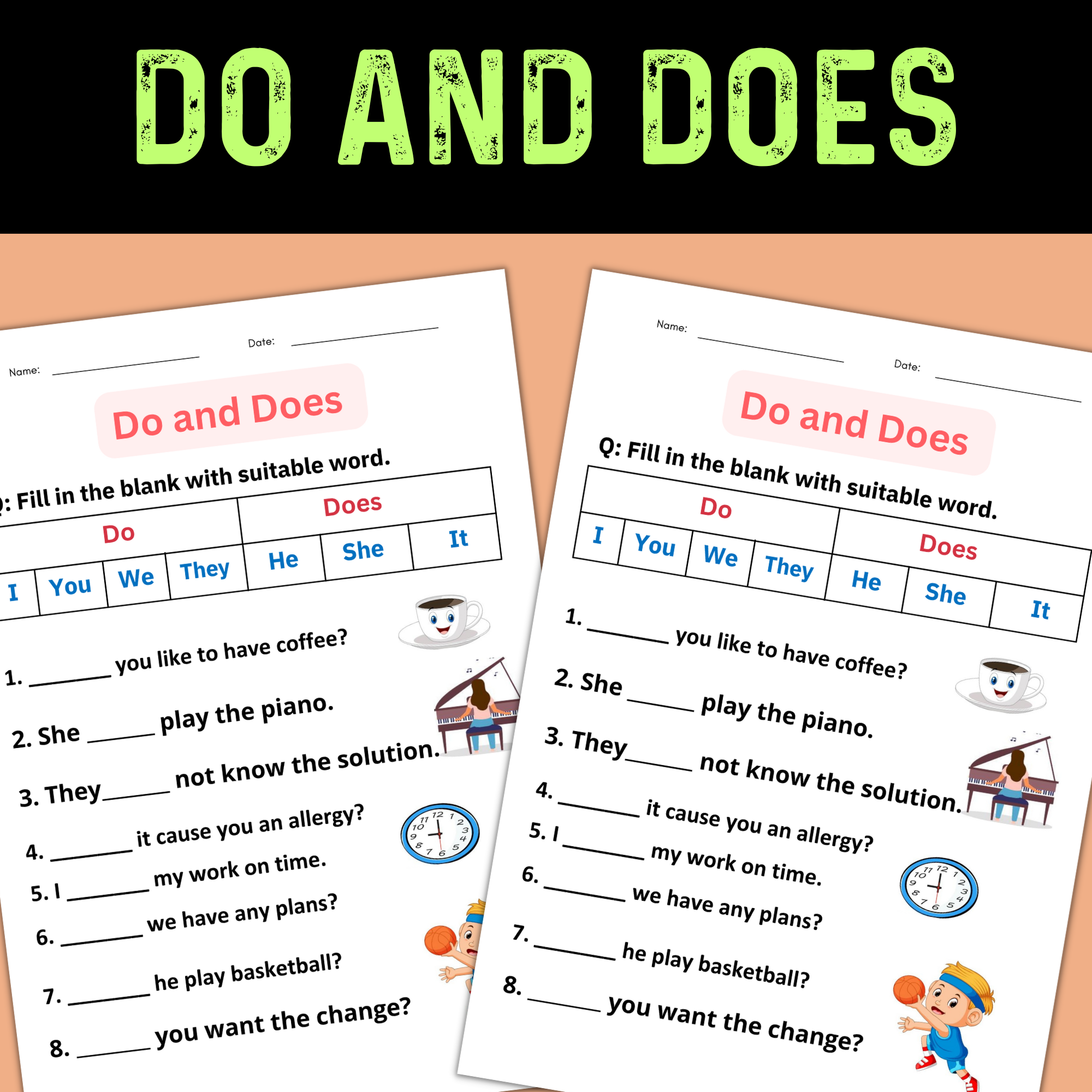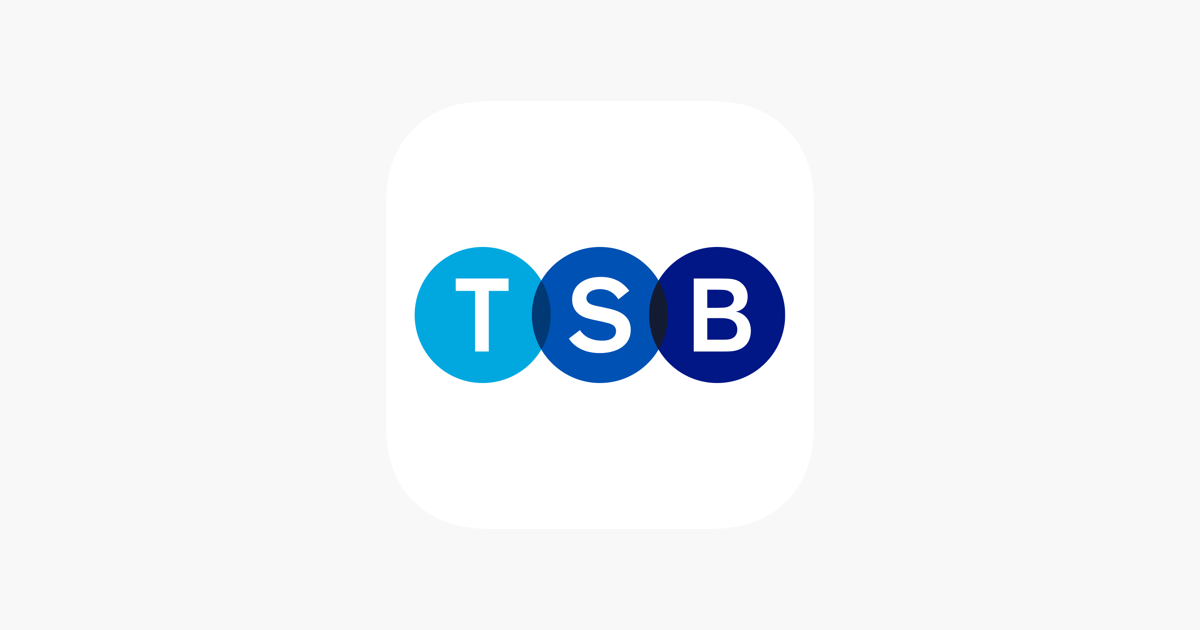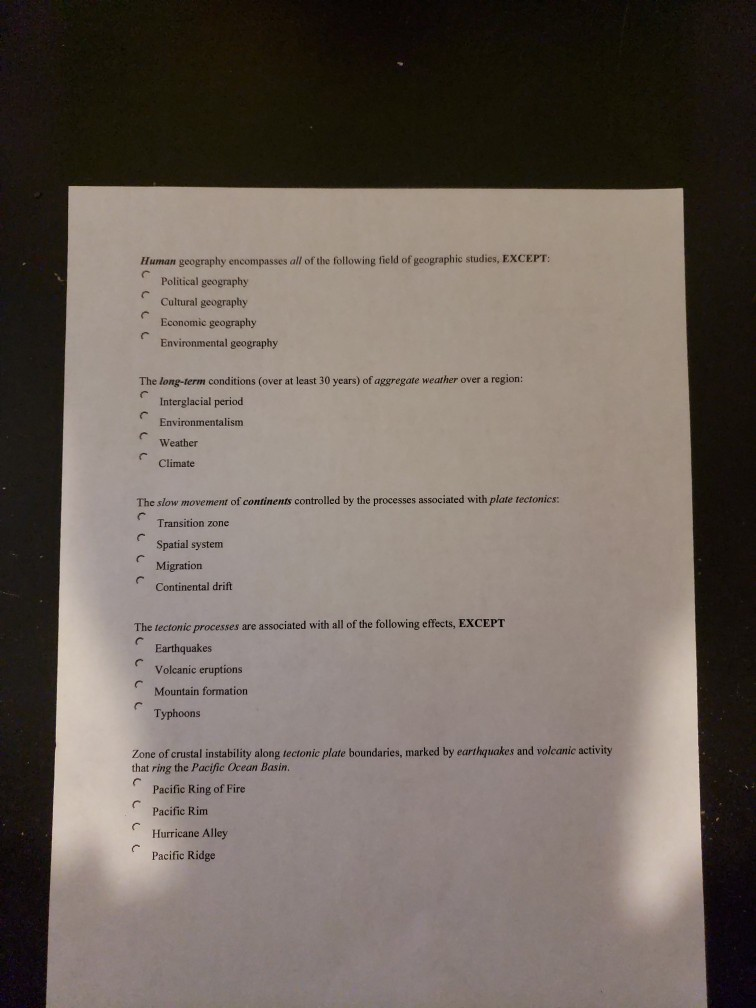Financing a New Roof: Options and Considerations for Homeowners
Understand roof financing options
When your roof start show signs of wear and tear, replacement become inevitable. The average cost of a new roof range from $5,000 to $15,000 depend on size, materials, and complexity. This substantial expense oftentimes lead homeowners to ask: can you finance a new roof? The answer is yes, and there be several options available.
Personal loans for roof replacement
Personal loans offer a straightforward financing solution for roof replacements. These unsecured loans don’t require collateral and typically feature fix interest rates and predictable monthly payments.
Benefits of personal loans include:
- Quick approval and funding, oftentimes within days
- No need to use your home as collateral
- Fix repayment terms, normally between 2 7 years
- Interest rates typically range from 6 % to 36 %, base on credit score
To will qualify for the best rates, you will need good to excellent credit. Lenders review your credit score, income, and debt to income ratio when make approval decisions.
Home equity options
Home equity loans
Home equity loans use your property as collateral, allow you to borrow against the equity you’ve built. These loans provide a lump sum with fix interest rates, make them ideal for one time projects like roof replacement.
Key features include:
- Lower interest rates than personal loans (typically 3 8 % )
- Fix monthly payments
- Potential tax benefits (consult a tax professional )
- Longer repayment terms, oftentimes 5 30 years
The main drawback is that your home serve as collateral, put it at risk if you default on payments.
Home equity lines of credit (hhelots)
Helots function more like credit cards, provide flexible access to funds during a draw period. This option work advantageously if your roof project might involve unexpected costs.
Helot characteristics include:
- Variable interest rates that fluctuate with market conditions
- Draw period (typically 10 years )follow by a repayment period
- Interest only payment options during the draw period
- Flexibility to borrow lone what you need
Like home equity loans, helots use your home as collateral.
Roofing company financing
Many roofing contractors partner with financing companies to offer payment plans direct to customers. These arrangements can simplify the process of fund your roof replacement.
Advantages of contractor financing include:
- Convenience of one-stop shopping
- Potential for promotional offers like zero interest periods
- Simple application process
- Quick approval decisions
Yet, interest rates may be higher than other options, especially after promotional periods end. Invariably read the terms cautiously and compare with other financing sources before commit.
Credit cards as a financing option
Credit cards can provide immediate funding for roof replacement, specially if you qualify for a new card with a promotional 0 % Apr period.
Consider these points when use credit cards:
- Promotional 0 % Apr periods typically last 12 18 months
- No interest charges if pay in full during the promotional period
- Potential rewards or cashback on large purchases
- High standard interest rates (oftentimes 15 25 % )after promotional periods
This option work advantageously when you can confidently pay off the balance before the promotional rate expire. Differently, interest charges can importantly increase your total cost.
Government loans and assistance programs
FHA title I loans
The federal housing administration’s title i property improvement loan program help homeowners finance necessary home improvements, include roof replacement.
Key aspects include:
- Loans upwards to $25,000 for single family homes
- Fixed interest rates
- Terms up to 20 years
- No equity require for loans under $7,500
- FHA insurance protection for lenders
These loans are available through approve lenders and can be an excellent option for homeowners with limited equity.
Local government programs
Many cities and counties offer home improvement grants or low interest loans for qualify homeowners. These programs oftentimes target:
- Low income households
- Elderly homeowners
- Disaster recovery areas
- Historic neighborhoods
Contact your local housing authority or visit your city’s website to learn about available programs in your area.
Insurance coverage for roof replacement
Before seek financing, check whether your homeowner’s insurance might cover your roof replacement. Insurance typically cover damage from:
- Storms and high winds
- Fallen trees
- Fire
- Vandalism
Normal wear and tear or age relate deterioration normally isn’t cover. If your roof damage result from a cover peril:
- Document the damage with photos
- Contact your insurance company quickly
- Schedule an inspection with an adjuster
- Get estimates from roof contractors
- Understand your deductible requirements
Flush with insurance coverage, you might need to pay your deductible upfront before repairs begin.
Compare financing options
When decide how to finance your new roof, consider these factors:
Interest rates and terms
The interest rate importantly impacts your total cost. Broadly, secured loans( use your home as collateral) offer lower rates than unsecured options. Compare aAPRS((nnual percentage rates ))cross all options to understand the true cost.
Monthly payment amount
Calculate how each financing option affect your monthly budget. Longer terms reduce monthly payments but increase total interest pay over time.
Fees and closing costs
Some financing options involve application fees, origination charges, or closing costs. Home equity products typically have higher upfront costs than personal loans or credit cards.
Tax implications
Interest on home equity loans or helots may be tax-deductible if the funds are use for substantial home improvements. Consult a tax professional about your specific situation.
Qualify for roof financing
Lenders evaluate several factors when consider your application:
Credit score requirements
Your credit score importantly influence approval chances and interest rates:
- Excellent (740 + ) best rates and terms across all options
- Good (670 739 ) good approval odds with competitive rates
- Fair (580 669 ) limited options with higher interest rates
- Poor (below 580 ) may need specialized programs or secured options
Before apply, check your credit report and address any errors that might affect your score.
Income and debt to income ratio
Lenders verify you have sufficient income to manage additional debt. Your debt to incom((DTI)) ratio — monthly debt payments divide by gross monthly income — should typically be below 43 % for most financing options.

Source: inspirabuilding.com
Home equity requirements
For home equity products, lenders commonly require:
- At least 15 20 % equity in your home
- Property appraisal to confirm value
- Clean title history
Calculate your equity by subtract your current mortgage balance from your home’s estimate market value.
Special considerations for roof financing
Energy efficient roofing options
Install energy efficient roofing materials may qualify you for special financing programs or tax incentives:
- Energy efficient mortgages (eseem) allow borrow for energy improvements
- Federal tax credits for qualified energy efficient roofing materials
- Local utility company rebates and incentives
- Manufacturer finance for specific green roofing products
These options can offset higher upfront costs for premium materials through long term energy savings.
Emergency roof replacement
When face emergency roof damage, consider these expedite financing options:
- Contractor emergency financing programs
- Credit cards for immediate payment
- Personal loans with fast funding
- Insurance advance payments for cover damages
Some roofing companies offer defer payment options for emergency situations, allow you to address critical damage directly while arrange permanent financing.
Make the right decision
Finance a new roof require balance immediate needs with long term financial health. Follow these steps to make an informed decision:
- Get multiple quotes from reputable roofing contractors
- Explore all available financing options
- Calculate the total cost include interest for each option
- Consider how monthly payments fit your budget
- Read all terms and conditions cautiously
- Check for prepayment penalties if you plan to pay off betimes
Remember that the cheapest monthly payment doesn’t invariably mean the best deal. Focus on the total cost over the life of the financing.
Questions to ask before financing
Before commit to any financing option, ask these important questions:
- What’s the total cost include all interest and fees?
- Is the interest rate fix or variable?
- Are there any prepayment penalties?
- How yearn is the application and approval process?
- What happens ifIi miss a payment?
- Are there any tax benefits associate with this financing option?
- Does the contractor offer any discounts for certain payment methods?
Get clear answers to these questions help you avoid surprises and make the best choice for your situation.
Conclusion
Finance a new roof is not merely possible but oftentimes practical give the significant investment require. With options range from personal loans to home equity products, government programs, and contractor financing, homeowners can find solutions that match their financial situation and needs.
The best financing choice depends on your credit profile, available home equity, timeline, and personal preferences. By compare rates, terms, and total costs across multiple options, you can make an informed decision that protect both your home and financialwell-beingg.
Remember that a quality roof is an investment in your home’s value and your family’s safety. Take the time to explore financing options exhaustively ensure you can afford the roof you need without compromise your financial security.

Source: westfallroofing.com
MORE FROM techitio.com













